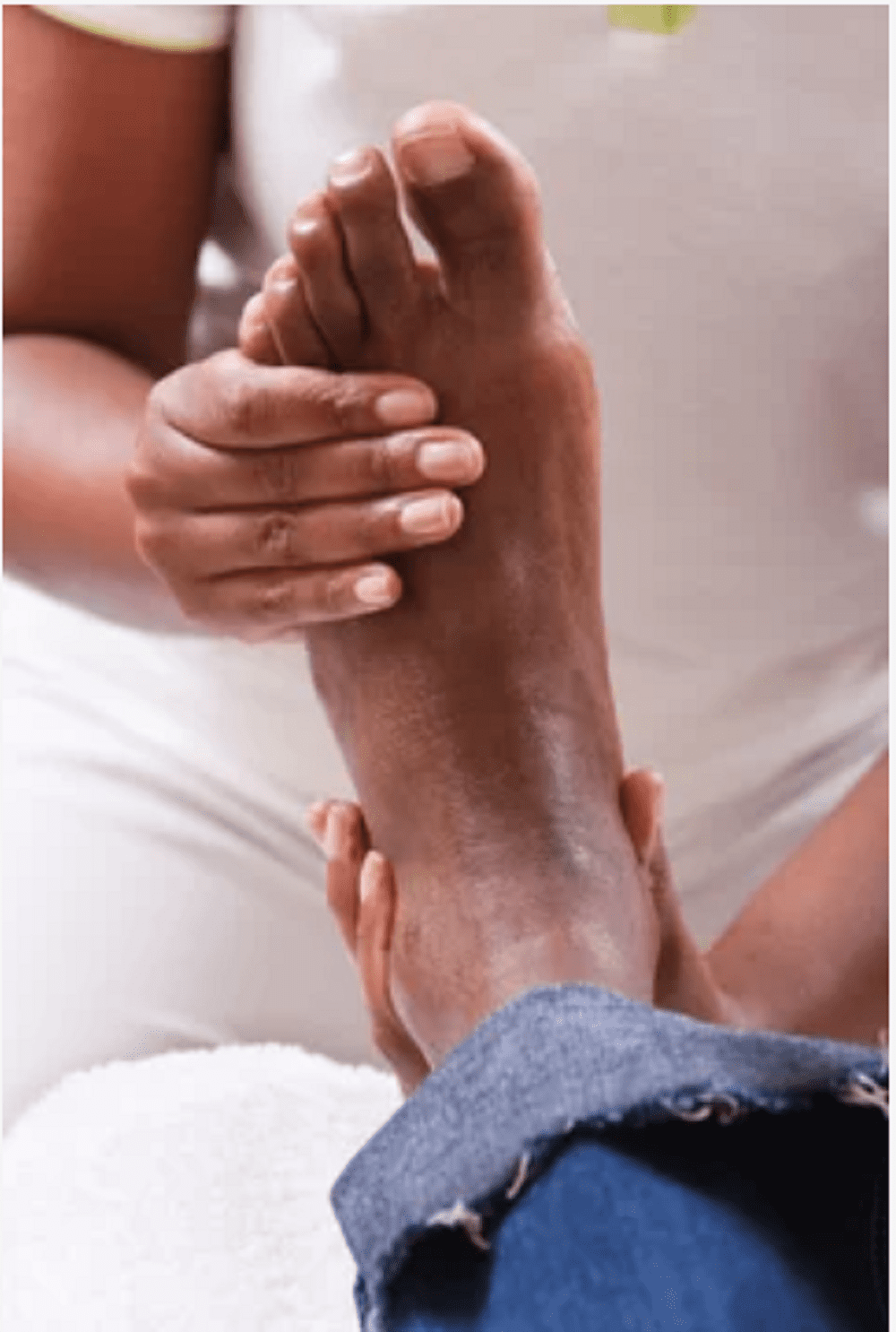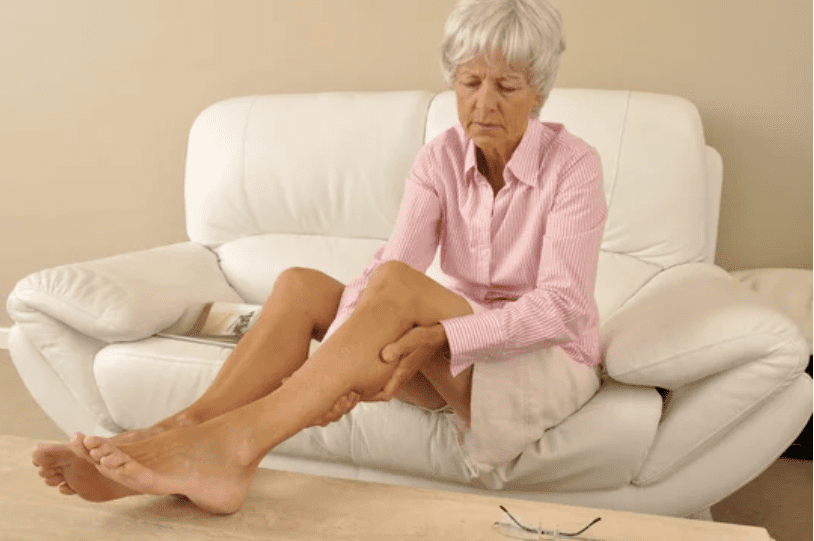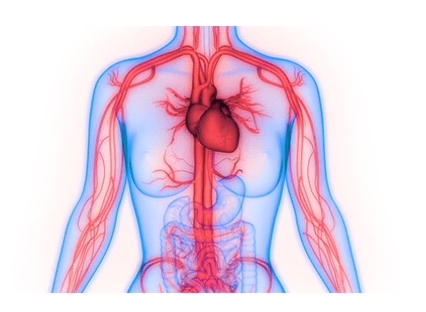
Knowing the signs of Vascular Disease

A vascular disease is an illness that affects your arteries and veins, impairing your blood flow and causing other sections of your body to suffer. Vascular
illness can manifest itself in a variety of ways.
Blood clots that impede blood flow, inflammation that narrows blood vessels, and heredity can all contribute to vascular disease. The most prevalent
cause of vascular disease is atherosclerosis, which occurs when a fatty material called plaque builds up inside the arteries, narrowing them and decreasing
or halting blood flow. Although the origins of atherosclerosis are unknown, researchers do know that there are certain factors that raise your risk.
Risk factors for atherosclerosis, include:
• High cholesterol and triglyceride levels
• High blood pressure
• Smoking
• Obesity
• Physical inactivity
• High saturated fat diet
• Diabetes
Because some significant vascular disorders might go unnoticed before causing a stroke or heart attack, lowering your risk factors is the most essential
thing you can do to attempt to prevent them. Consult your doctor about making healthy lifestyle choices that will benefit your vascular system.
Because information is power, here are some vascular illnesses to be aware of and signs to look out for.
Coronary artery disease (CAD) is a condition that affects the heart.
This is the leading cause of death in people in the United States, and it is caused by atherosclerosis in the arteries that feed blood to the heart. It has the
potential to trigger a heart attack.
Cerebrovascular disease (CVD) is a condition that affects the brain.
This can result in a stroke or a transient ischemic attack (TIA), which is a loss of blood supply to a part of the brain for a brief period of time. It normally
lasts less than 5 minutes but no more than 24 hours before fully recovering.
Until you have a stroke, there are usually no symptoms.
Peripheral vascular disease (PVD) is a kind of vascular disease that affects the blood flow to a person’ s arms and legs.
When blood flow to your limbs is restricted, you're more likely to have a heart attack or stroke from blood clots. Many persons with this condition show
no symptoms, but those who do report discomfort in their thighs, calves, or buttocks when walking or exercising.
We are just a call or click away. To learn more, book an appointment online or over the phone with PeachState Advanced
Cardiac & Endovascular. We have several locations in Georgia: Newnan, Atlanta, & Griffin.
You Might Also Enjoy...


Feeling Faint

Should I be worried about my numb feet?

Can leg cramps be a sign of something serious?

Meet Dr. Odiete - PACE Cardiovascular Specilaist


